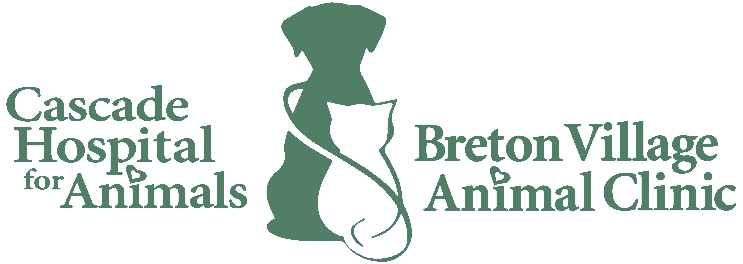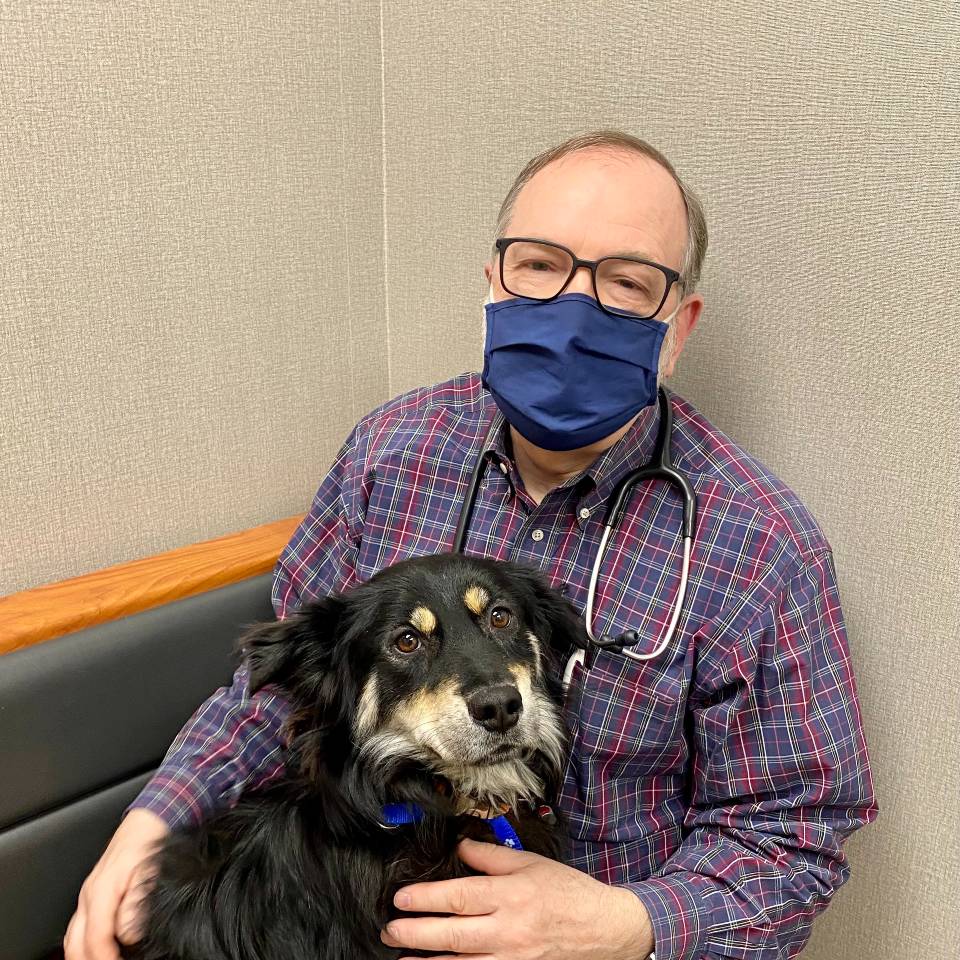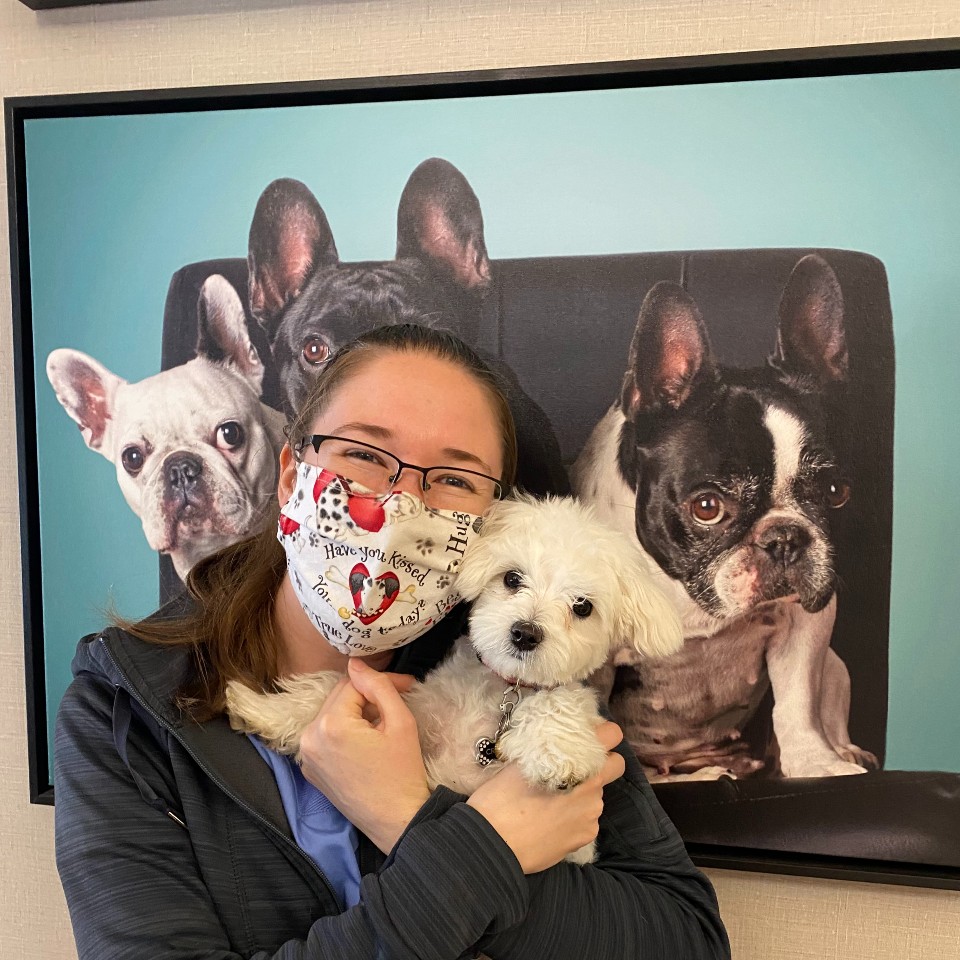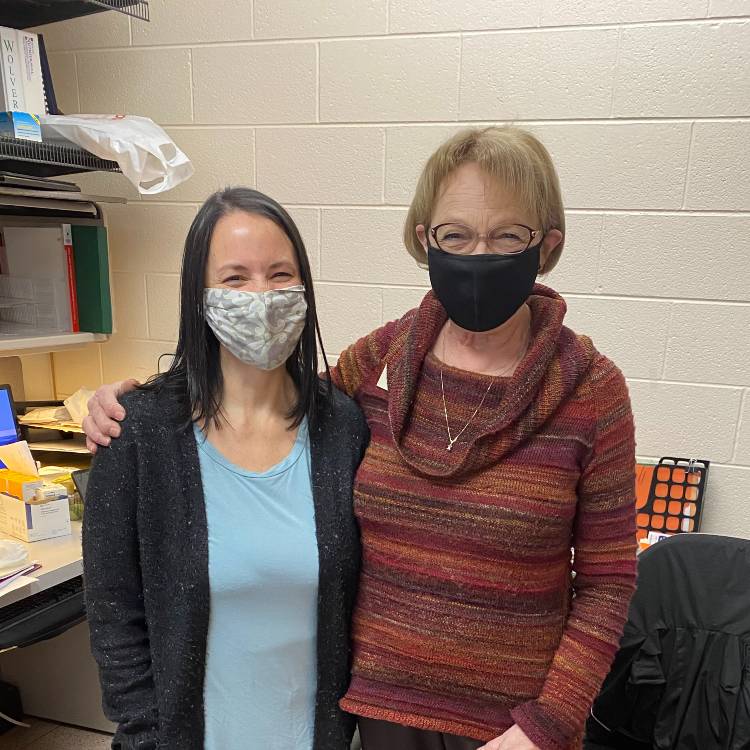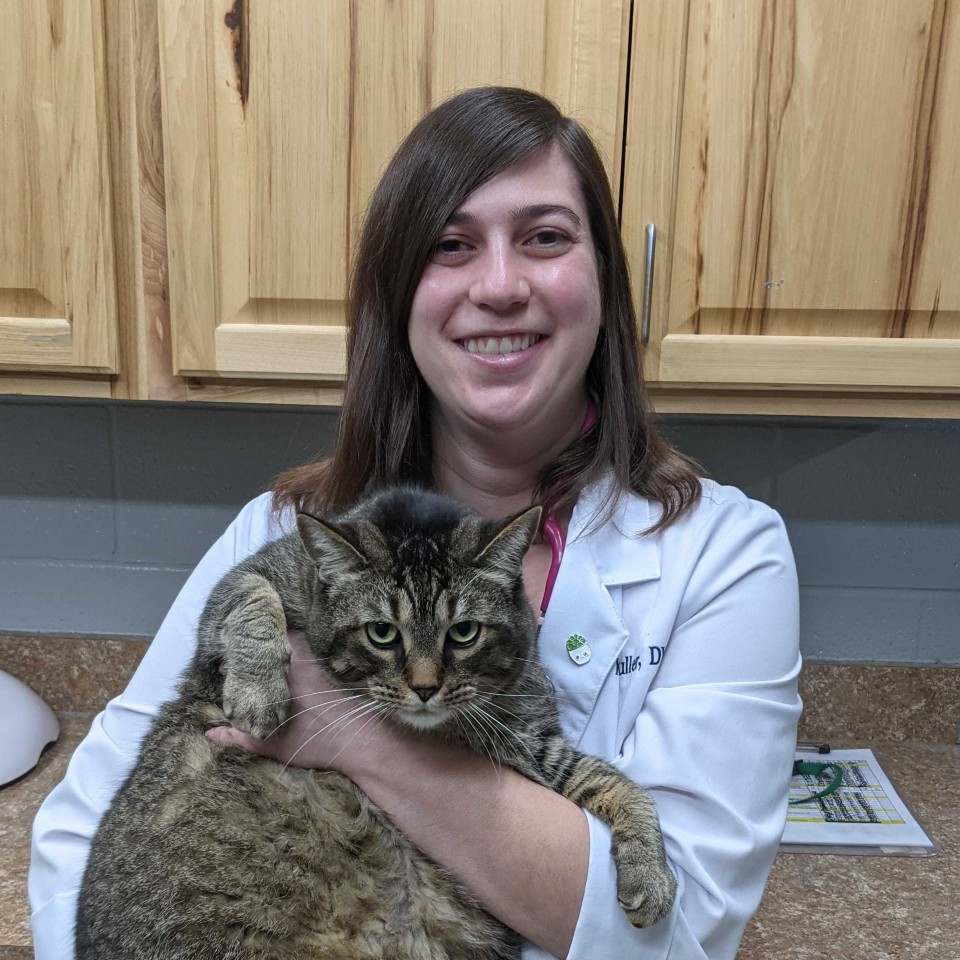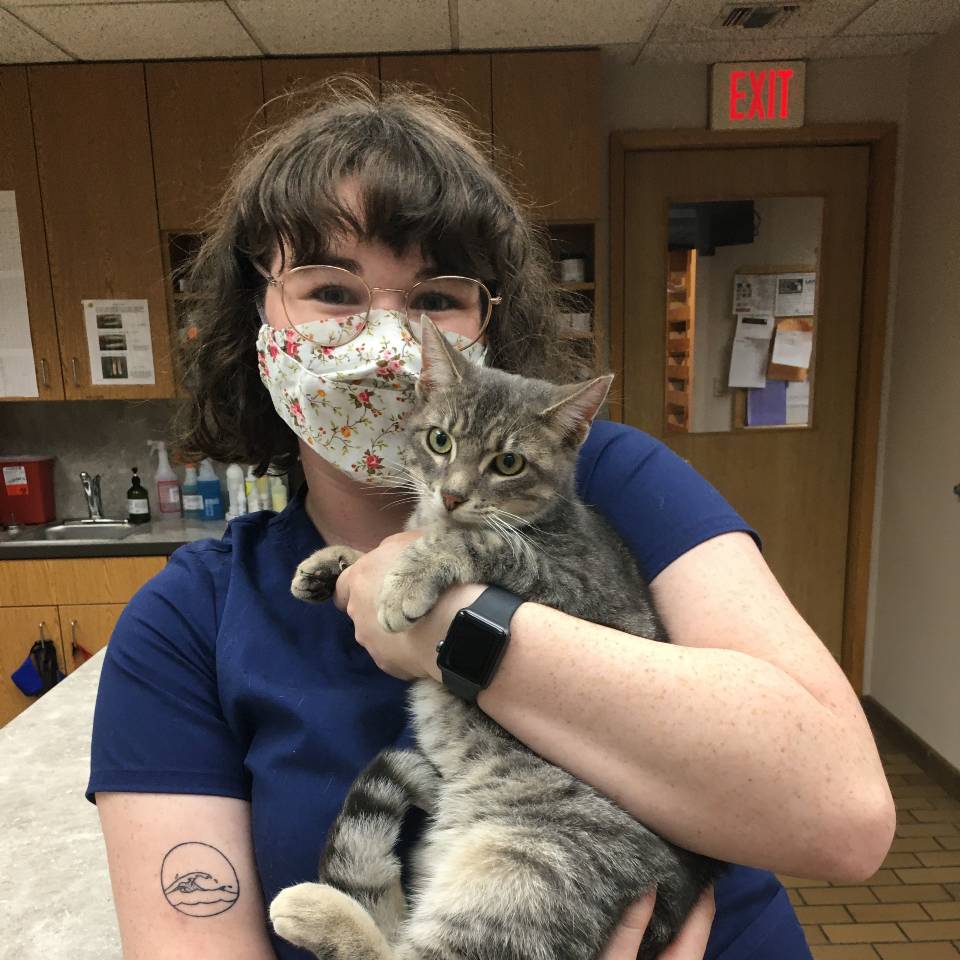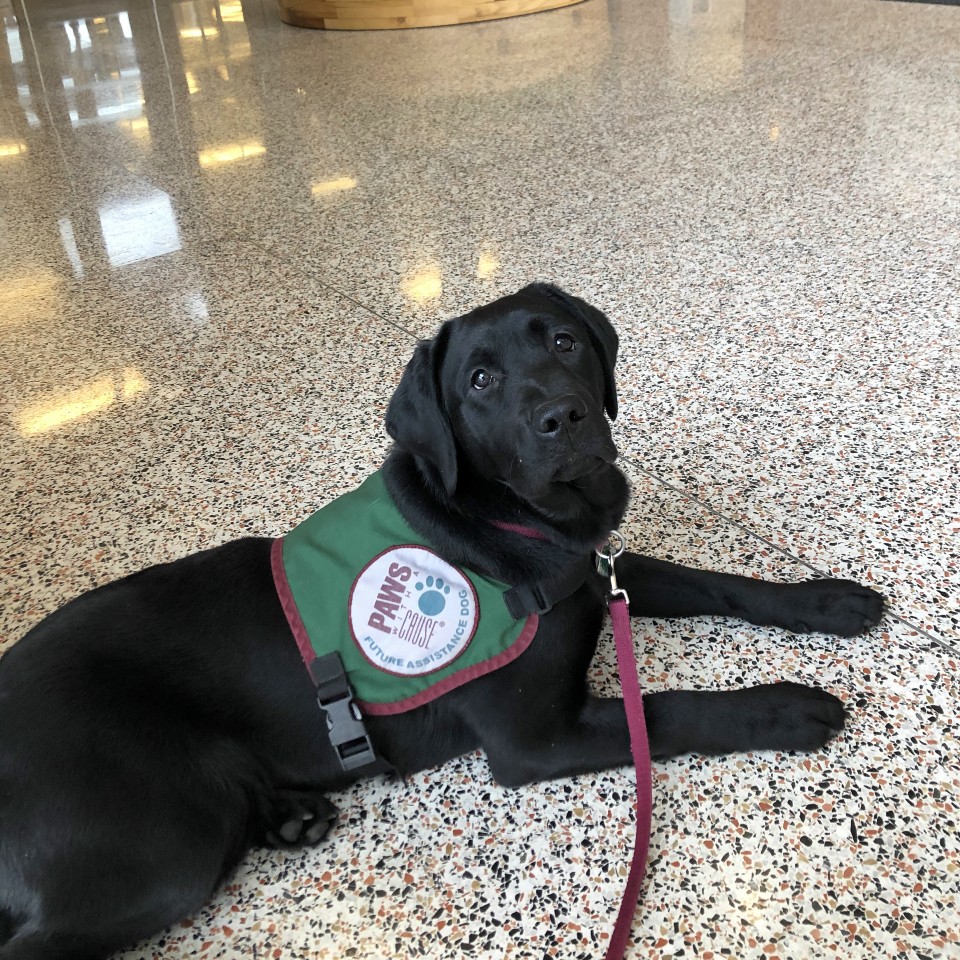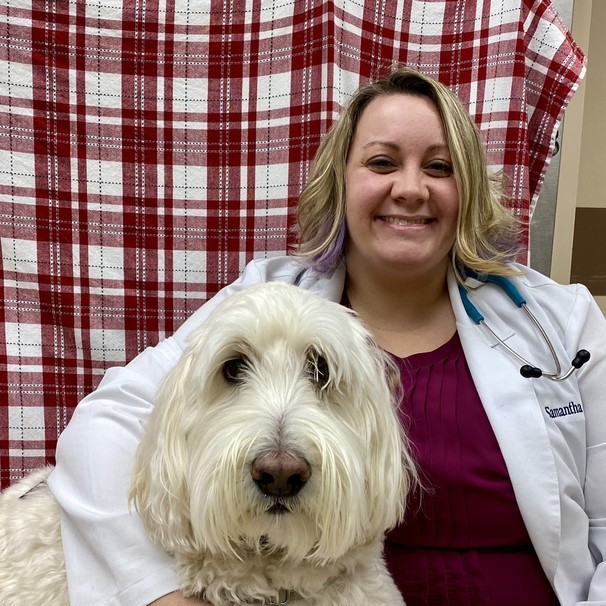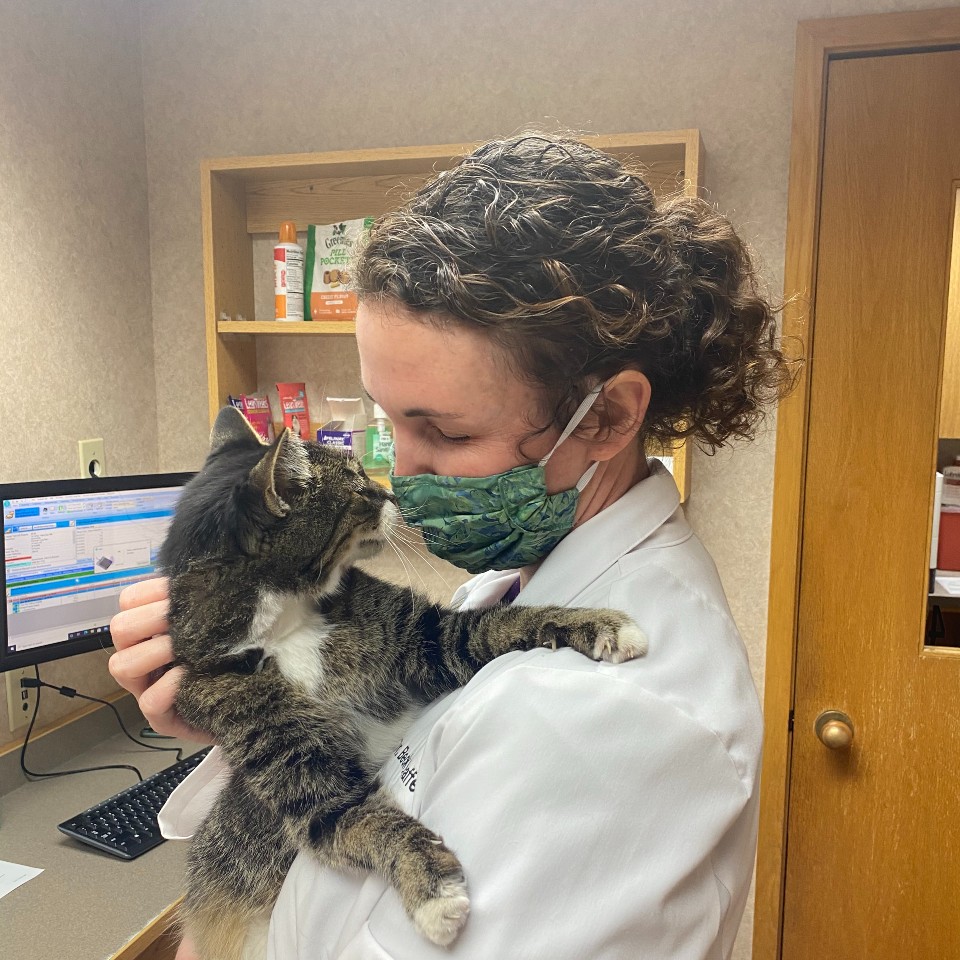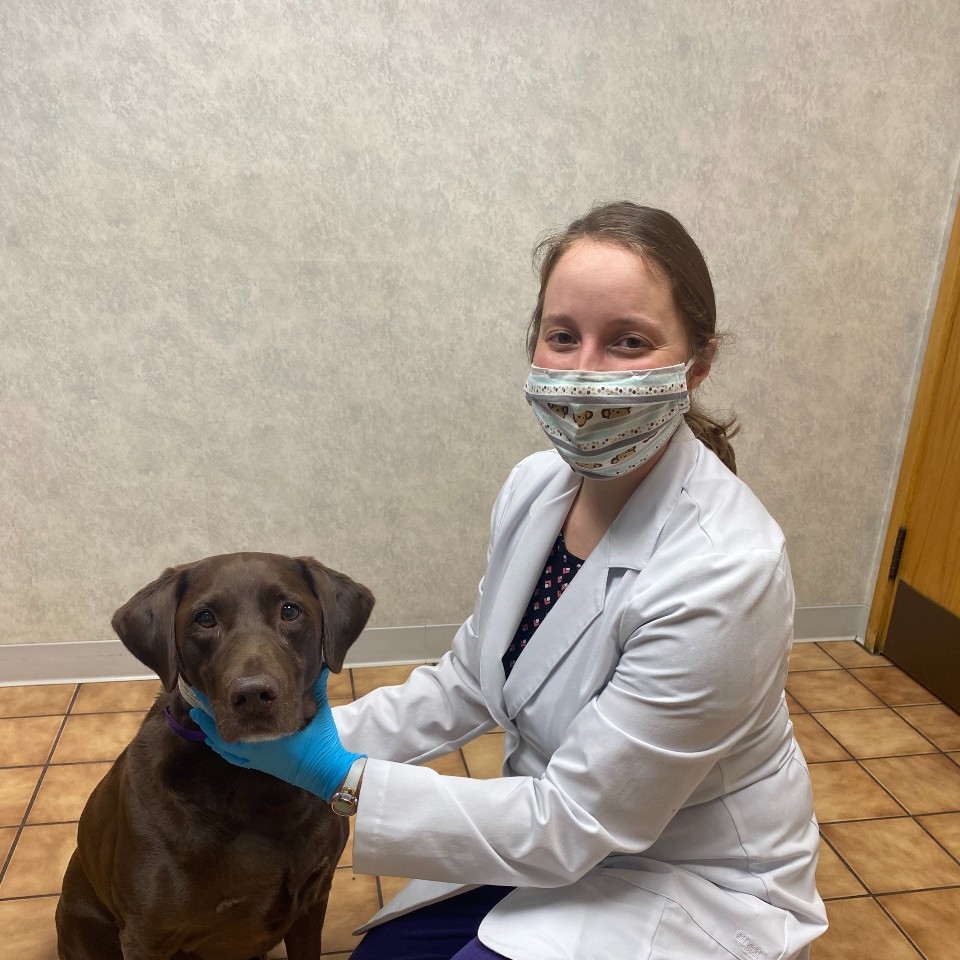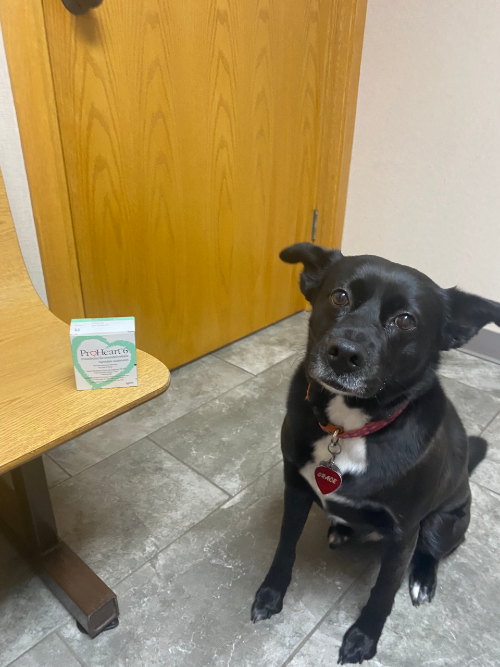New Cascade Hospital for Animals client Anne was preparing to turn into the clinic’s parking lot last Thursday for her dog’s first appointment at the clinic, when a vehicle said to be travelling at a high speed smashed into her car from behind. In the chaos of the moments following the wreck, Anne and her beloved rescue dog, Sadie, a mix of Chow, Akita, Malamute, and more, sat terrified among open airbags and broken glass.
Even though the COVID-19 pandemic has followed us into 2021, there is hope that we’ll be returning to normal (or some semblance of normalcy) in the year ahead. Many employees who have been working from home will return to working from an office. What does that mean for you if you’re a dog owner whose four-legged friend has grown used to have you around during the day?
For Thelma Haynes, her career at Cascade Hospital for Animals has never been “just a job.” Thelma, who is retiring at the end of this month, credits the leadership of CHFA for entrusting her with a variety of responsibilities over the years, allowing her to flourish in her work.
Cats can be mysterious creatures, and sometimes when they’re in pain they hide their suffering from their owners. That’s why it’s important, says Cascade Hospital for Animals’ Dr. Kyle Fuller, for cat owners to carefully watch their feline friends’ habits for signs of urinary blockage, sometimes known as “blocked cat,” a potentially fatal but treatable condition.
It’s what every pet parent dreads – their beloved four-legged family member disappearing without a trace. In spite of everything owners do to keep them safe, the call of the great outdoors is far too tempting for some pets, including Disco, a now one-year-old rescue cat. Her mom, Jenna, felt helpless when Disco slipped out the door of her apartment and ran into the woods behind the apartment complex. But with the help of the staff of Cascade Hospital for Animals – and a tiny chip – Disco eventually found her way home.
Dogs can play a very important role in providing assistance and facilitating independence for people with disabilities. It’s no secret, however, that an assistance dog’s success doesn’t come naturally. It’s due to incredibly hard work from a number of people along the way, starting from puppyhood.
It might seem like perfect timing that Cascade Hospital for Animals and Breton Village Animal Clinic began offering telemedicine in January 2020, only two months before the COVID-19 pandemic struck Michigan. But according to telemedicine provider Dr. Samantha Abel, it’s a service that will only grow in popularity, no matter what’s going on in the world.
Cat lovers don’t need to be told their beloved pets only get sweeter with age. Many choose to adopt adult cats, not only because they are more likely to be overlooked in the shelter system, but also because they have often grown out of the behavioral problems that come along with adopting kittens and younger cats.
It’s autumn, and that means the cold season is back in full swing. But while we humans brace ourselves for sneezes and sniffles, it’s important for dog owners to remember their pets are also vulnerable to an infectious respiratory ailment: canine infectious tracheobronchitis, more commonly known as kennel cough. Spread from dog to dog through airborne droplets, direct contact, and contaminated surfaces, kennel cough is highly contagious.
For some dog owners, even those who know and understand the importance of monthly heartworm preventatives to their dogs’ health, remembering to administer the medication every month can be a real pill. “They don’t mean to forget,” said Cascade Hospital for Animals’ Dr. Becky Schaffer. “But it still happens all the time, so the pet isn’t getting the preventative on a regular basis like it’s prescribed.” Missing doses on the monthly preventative means the dog isn’t being effectively protected against heartworm disease, and that in turn means the potential for big costs and serious illness down the road.
